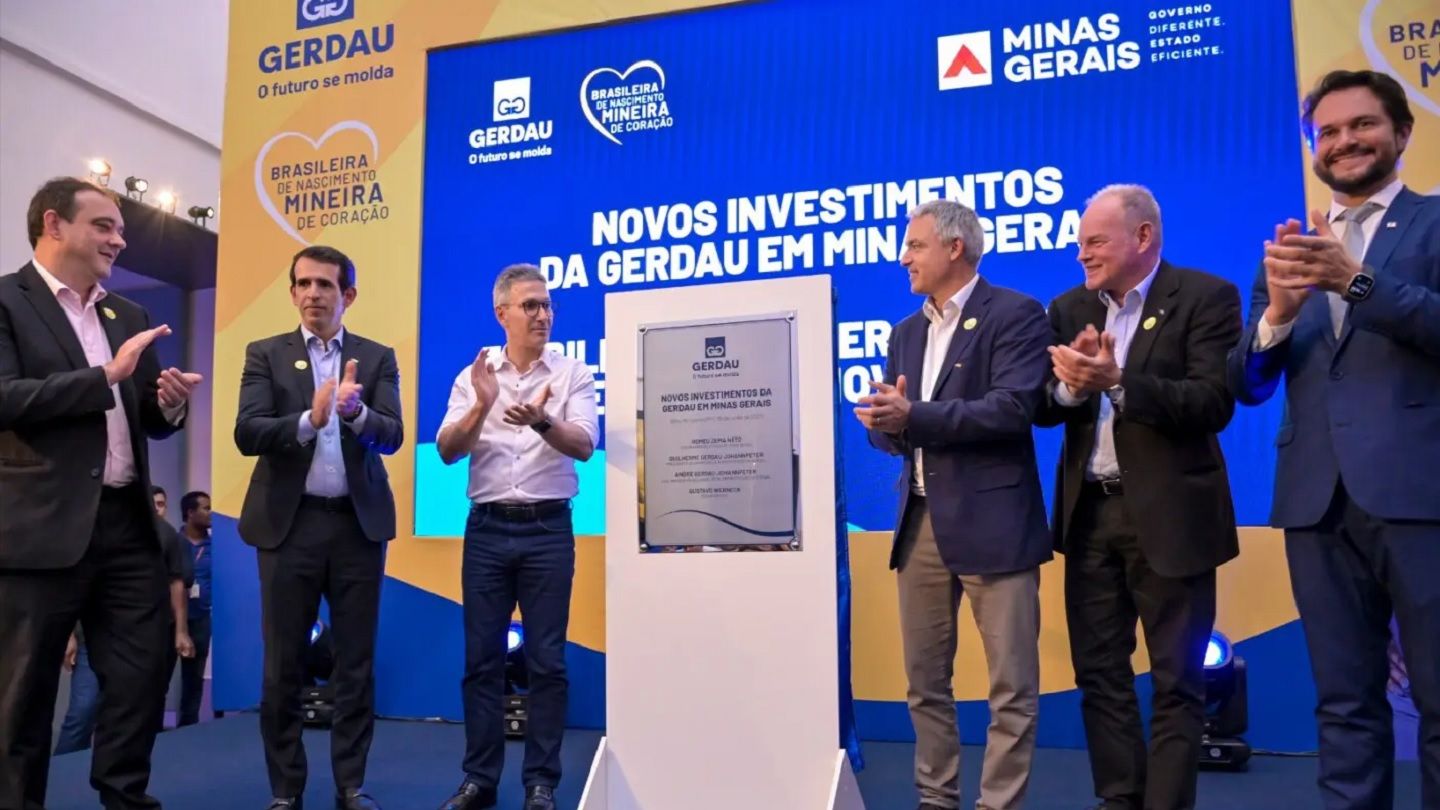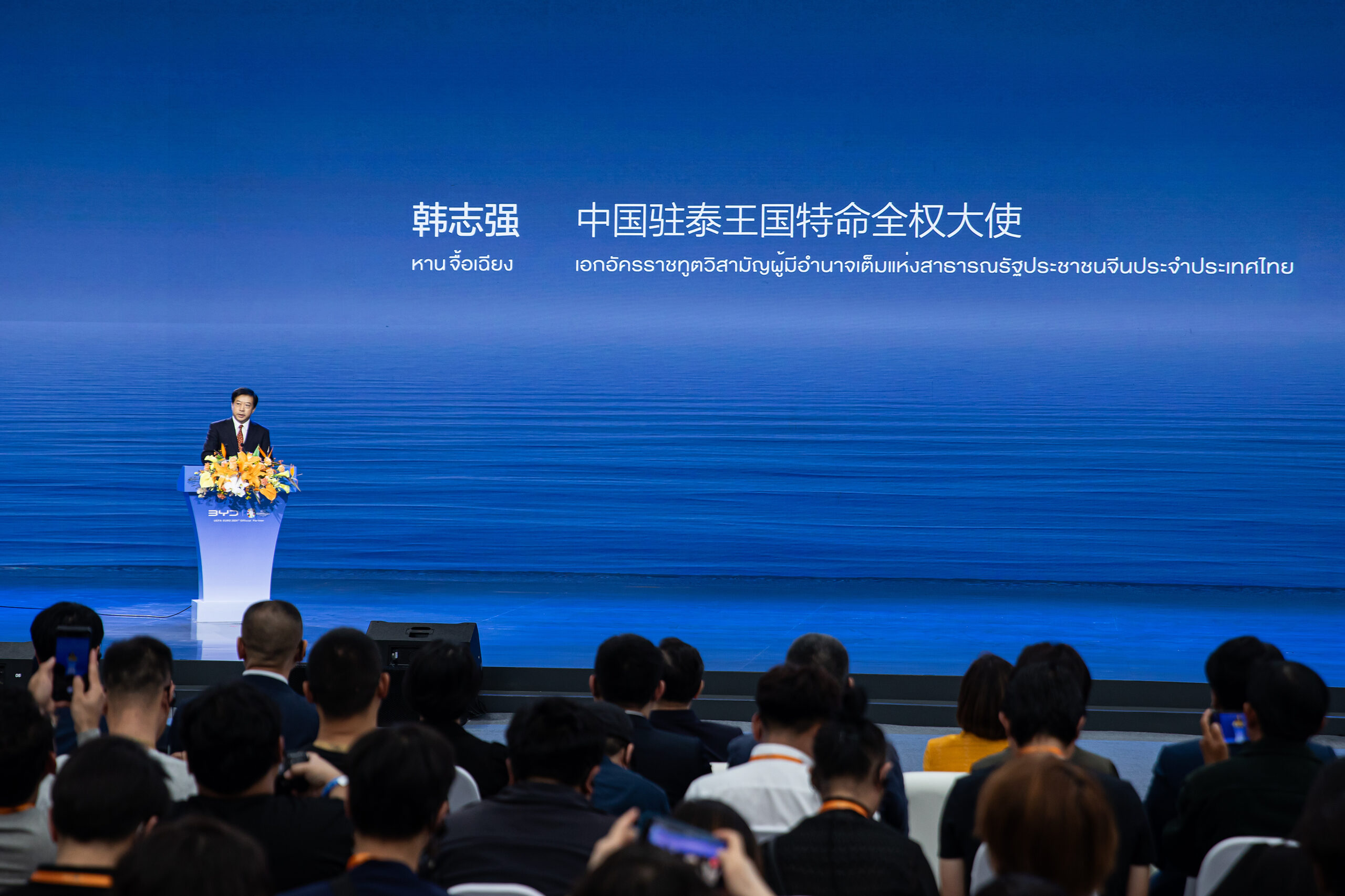
Brazil-based iron and steel producer Gerdau is planning to invest 3.2bn reals ($664.5m) in a new sustainable mining platform in Minas Gerais, Brazil.
The company will invest the amount between this year and 2026.
This follows the company’s investment in the state in recent times towards technological developments, enhancement of environmental practices and local operations’ growth.
Gerdau will invest in its Miguel Burnier mine in the Ouro Preto district, with an estimated annual iron ore production capacity of 5.5 million tonnes (t).
The mine is expected to come online by the end of 2025.
Through the investment, the company aims to improve the competitiveness of its operations while expanding future steel production in the state.
The company claims that it will invest in the most modern technologies and will follow the best mining practices while using the dry stacking method to dispose of 100% of mining tailings. This removes the need to use a dam.
Pipeline usage to transport iron ore emphasises Gerdau’s commitment towards green mining.
The iron ore produced through the new investment will be supplied entirely to Gerdau’s steel production units located across the state in municipalities including Ouro Branco, Barão de Cocais, Divinópolis and Sete Lagoas.
The company further claims that it has some of the lowest greenhouse gas emissions, with carbon dioxide equivalent (CO₂e) at 0.89t of CO₂e per tonne of steel, which is about half of the global average for the sector, at 1.91t of CO₂e per tonne of steel.
Gerdau CEO Gustavo Werneck said: “With this new investment, Gerdau reaffirms its commitment to the socioeconomic development of Minas Gerais, renewing its ties with the population of Minas Gerais, with the generation of more than five thousand jobs during the implementation of our investments in the state.
“This new sustainable mining platform is also an important initiative in reducing our greenhouse gas emissions, as we will have high-quality ore.”




